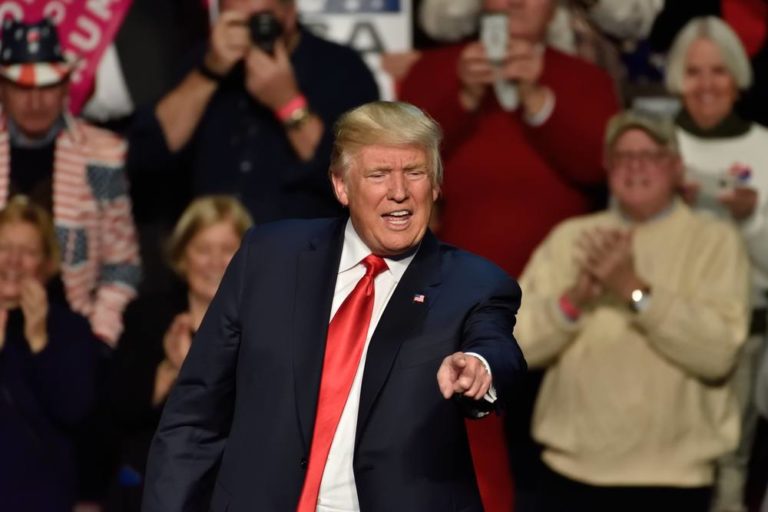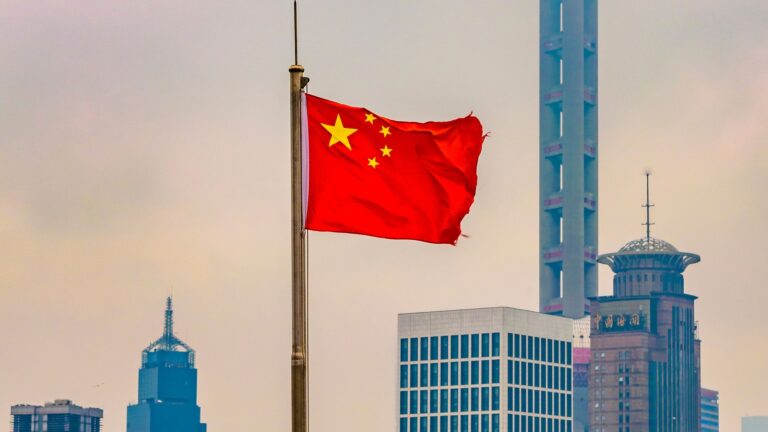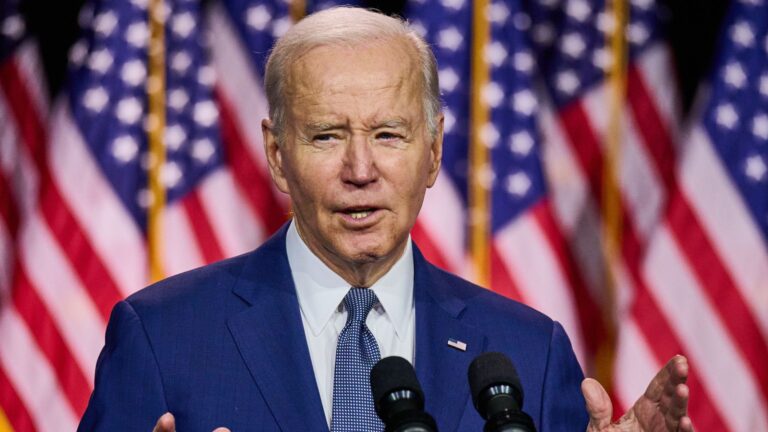Key Takeaways:
- Jeff Bezos takes control of The Washington Post opinion page.
- Bezos plans to focus on personal liberties and free markets.
- Critics argue this shift favors billionaire interests.
- The Post’s opinion page will no longer cover opposing views.
Jeff Bezos, the billionaire owner of The Washington Post, has taken over the direction of the newspaper’s opinion page. This move comes with significant changes, including the firing of the current Opinion Editor. Bezos announced his plans on X, outlining a new direction for the opinion section. He aims to focus on personal liberties and free markets, while leaving opposing views to other publications.
Bezos Announces Major Changes
Bezos posted a message to the Washington Post team, detailing the upcoming changes. He emphasized that the opinion page will now support and defend personal liberties and free markets. While other topics will still be covered, viewpoints opposing these pillars will not be given space. Bezos believes that the internet already provides a broad range of opinions, making it unnecessary for the Post to do so.
He also reflected on the role of a newspaper in society. Bezos noted that in the past, newspapers aimed to bring diverse opinions to readers. However, he argues that the internet has taken over this role. Bezos expressed his pride in America and its success, attributing it to freedom in the economic realm and personal liberties.
David Shipley Steps Away
Bezos offered the position of leading this new chapter to David Shipley, whom he greatly admires. However, Shipley decided to step away after careful consideration. Bezos respected Shipley’s decision, acknowledging that this significant shift would require full commitment.
The Washington Post is now searching for a new Opinion Editor to lead this new direction. Bezos is confident that focusing on free markets and personal liberties is right for America. He believes these viewpoints are underserved in the current market of ideas and news opinion.
Criticism and Concerns
Critics argue that Bezos’ vision for the opinion page favors billionaire interests. Free market, in billionaire speak, often means opposition to regulation and worker rights. Personal liberties, in this context, imply that billionaires should have the freedom to do whatever they want.
The Washington Post, once one of the most prestigious newspapers in the world, is now seen as a platform for billionaire propaganda. This shift has raised concerns among some conservative populists, who realize that the MAGA movement is now all about serving billionaires.
The Future of The Washington Post
Bezos is determined to make The Washington Post write in service of the billionaire agenda. This move has sparked debate and discussion among readers and critics alike. What do you think of Bezos’ direction for The Washington Post? Share your thoughts in the comments below.
The Washington Post has always been a respected source of news and opinion. However, this new direction raises questions about the newspaper’s commitment to diverse viewpoints. Bezos believes that the internet provides a broad range of opinions, making it unnecessary for the Post to do so. But will readers agree?
The Impact on Readers
This shift could have a significant impact on readers who rely on The Washington Post for a balanced and diverse range of opinions. With the new direction, readers may find that the opinion page no longer reflects their views. This could lead to a decline in readership and a loss of trust in the newspaper.
Bezos’ vision for the opinion page is clear. He wants to focus on personal liberties and free markets, leaving opposing views to other publications. But will this new direction resonate with readers? Only time will tell.
The Role of a Newspaper
The role of a newspaper in society has always been to provide a platform for diverse opinions. However, Bezos argues that the internet has taken over this role. He believes that the Post should now focus on supporting and defending personal liberties and free markets.
This shift raises questions about the future of journalism. Should newspapers focus on providing a platform for diverse opinions, or should they take a more editorial stance? Bezos’ decision to take over the opinion page and fire the Opinion Editor suggests that he believes the latter.
The Search for a New Opinion Editor
The Washington Post is now searching for a new Opinion Editor to lead this new direction. Bezos is confident that focusing on free markets and personal liberties is right for America. He believes these viewpoints are underserved in the current market of ideas and news opinion.
However, finding someone to lead this new direction may not be easy. The Opinion Editor will need to be fully committed to Bezos’ vision and willing to leave opposing views to other publications. This could limit the pool of candidates and make the search more challenging.
The Future of the Opinion Page
The future of The Washington Post opinion page is uncertain. Bezos’ vision for the page is clear, but whether it will resonate with readers remains to be seen. The new direction could lead to a decline in readership and a loss of trust in the newspaper.
However, Bezos is confident that focusing on free markets and personal liberties is right for America. He believes these viewpoints are underserved in the current market of ideas and news opinion. Whether this new direction will fill that void remains to be seen.
Conclusion
Jeff Bezos’ decision to take over the direction of The Washington Post opinion page has sparked debate and discussion. While Bezos believes that focusing on personal liberties and free markets is right for America, critics argue that this shift favors billionaire interests. The future of The Washington Post opinion page is uncertain, but one thing is clear: Bezos is determined to make the Post write in service of the billionaire agenda.
What do you think of Bezos’ direction for The Washington Post? Share your thoughts in the comments below. The future of the newspaper’s opinion page hangs in the balance, and your voice matters.









